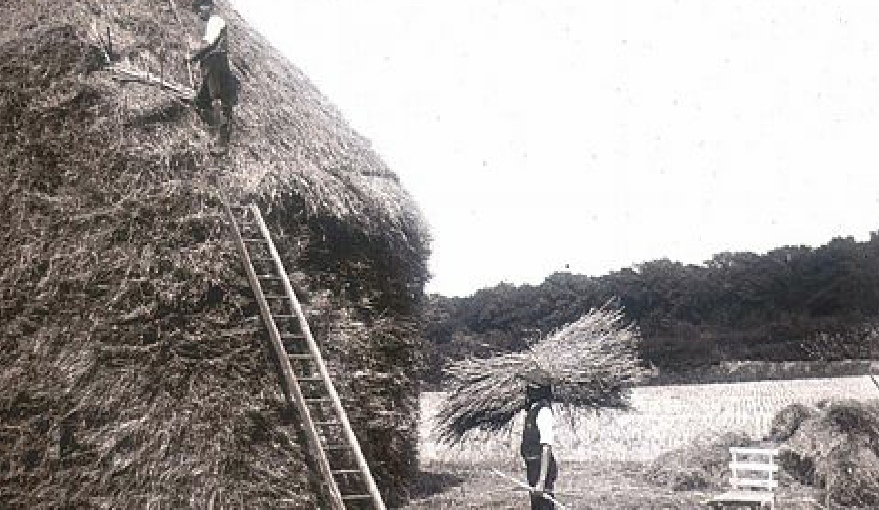The surname Monger is English medieval and originally referred to a person who worked in a stable or manger, or as a trader or merchant, such as costermonger, a term which usually described a seller of fruit and vegetables. The word originates from the pre-seventh century word 'mangere'. Occupational surnames were amongst the earliest to be created in around the twelth century, and were usually hereditary where a son followed his father into the same line of business, as was the usual custom. The earliest known recording of the surname is that of William Manger, who was listed as a landowner in the Hundred Rolls of the county of Huntingdon in 1255. Later recordings from the medieval period include those of Richard le Manger in Worcestershire in 1275, and in Yorkshire, that of Robert Monger who is recorded in the Friary Rolls of the manor of Wakefield in 1316.
The first Mongers of this story date back to the early nineteenth century and were of humble stock. Like their forefathers, they worked the land around the Basing area of Hampshire — just a few of the thousands of agricultural labourers throughout Britain at that time who were tied to the land, both socially and economically.
One of the defining characteristics of the nineteenth century was rapid change, the extent and pace of which was greater than in any other century in Britain’s history, apart from perhaps the twentieth century. The result was that almost every aspect of the old social order was turned on its head, redefining the fabric of society. Change was driven by many factors, but one of the defining ones for people like the Mongers came in the form of iron and steam: the railways. The railway boom in the middle of the nineteenth century transformed the country: by revolutionising the transport system and mobilising society, new opportunities were created and people’s lives transformed: suddenly a person could take a train from Hampshire and be in London in a few hours, rather than making the laborious trip by stage coach. It was not without reason that the Duke of Wellington said that the introduction of the railways would ‘encourage the lower orders to move about needlessly’, although given the economic hardship faced by many labourers in the mid-nineteenth century, their wanderings could hardly be described as ‘needless’.
In the 1880s, with the future before him, George Monger packed his few belongings and set out for London and the promise of a better life, severing forever his ties with the land. He was not alone: between 1880 and 1900 the population of London almost doubled, rising from 3.8 million to 6.5 million.


